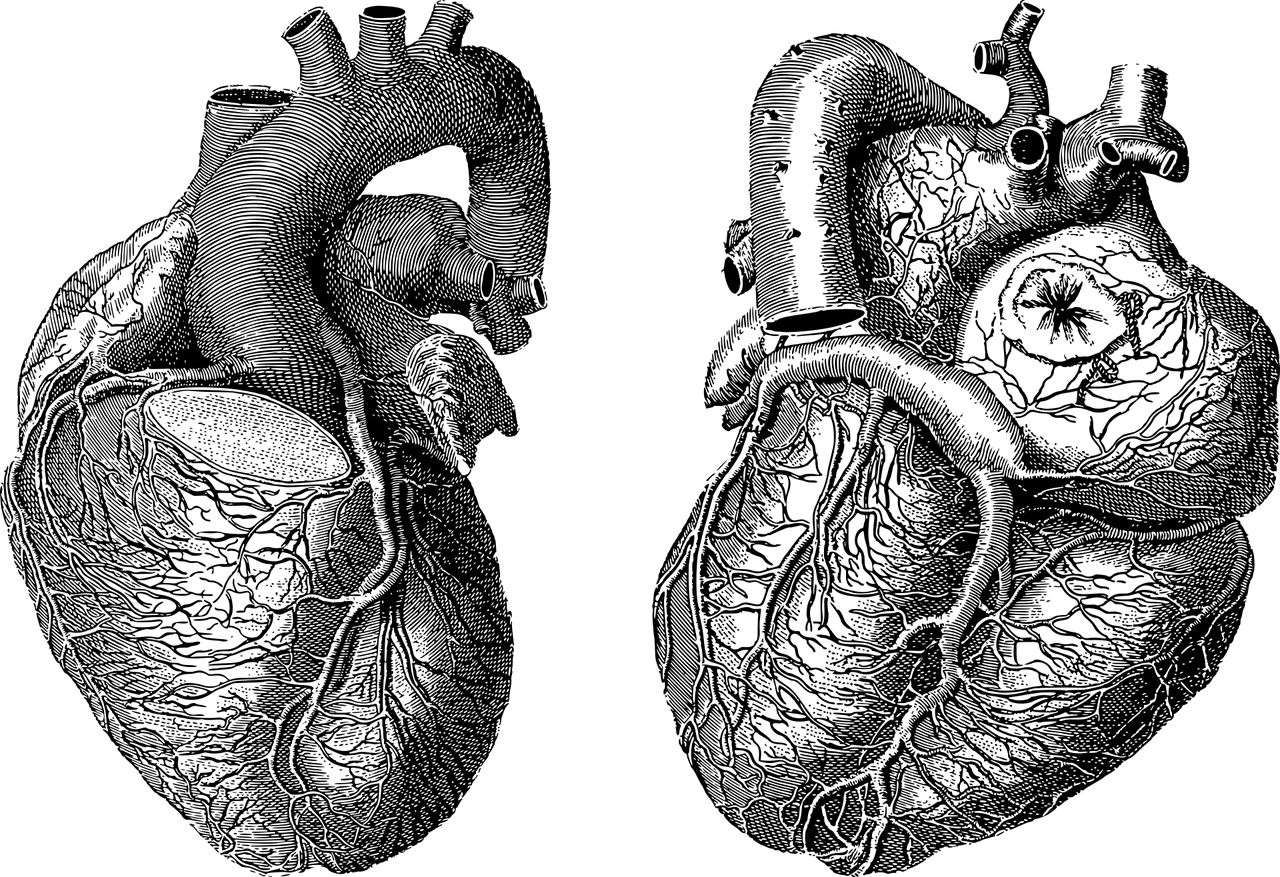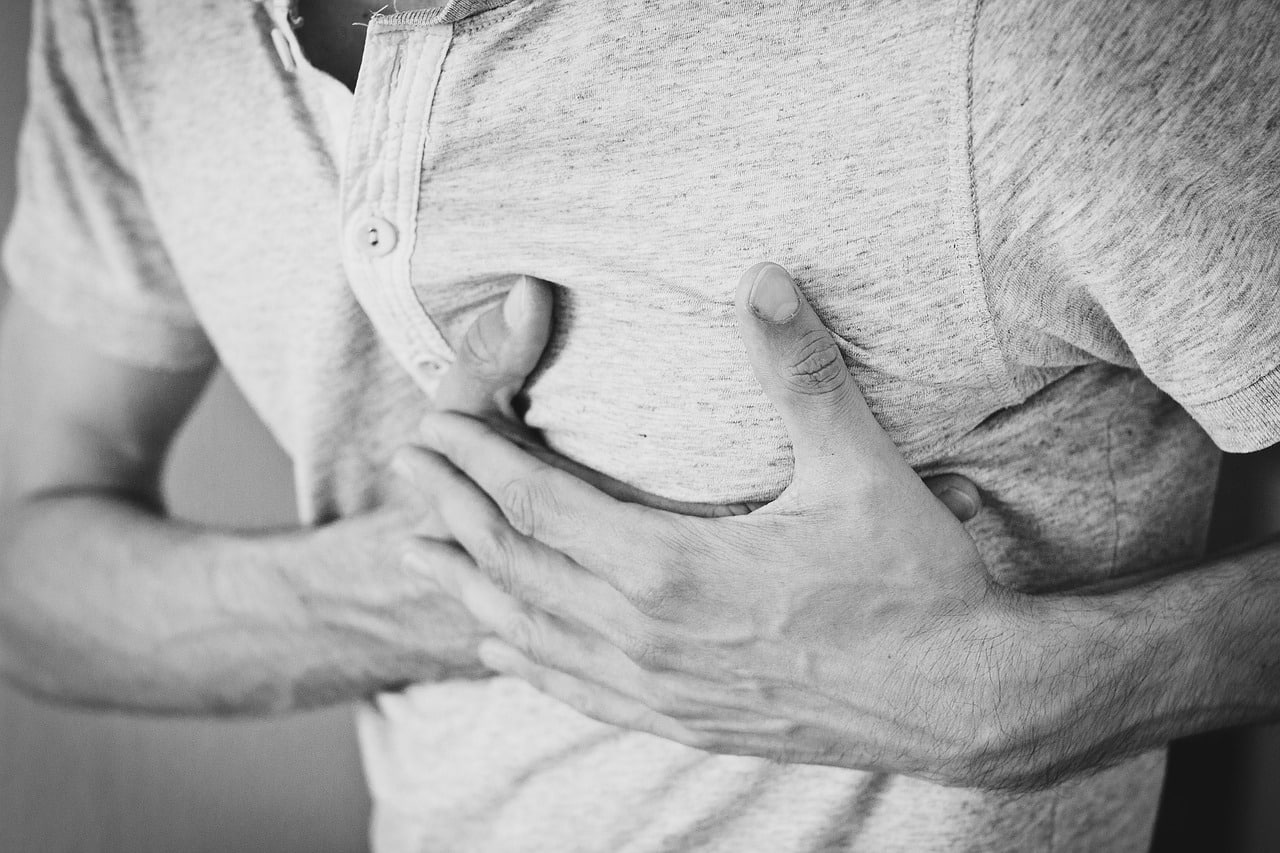
Arrhythmia implies the existence of a disorder in the systole of the heart.
Arrhythmia is the lack of a stable or regular rhythm . In the field of medicine , arrhythmia implies a disorder in the systole of the heart .
The concept is made up of two parts that have their etymological origin in Greek. These two parts are the following: the prefix a- which means "without" and the term ρυθμός which can be translated as "rhythm." Therefore, based on this nuance we could say that arrhythmia is synonymous with "without rhythm."
With arrhythmia, when contracting to pump blood, the heart makes movements that are irregular. The structure that is responsible for controlling heart rhythm is known as the sinoatrial node . From this structure arises the electrical impulse that orders the contraction movement developed by the atria .
Upon reaching the atrioventricular node , the electrical impulse reaches the bundle of His and generates ventricular contraction. Why is the rhythm and proper circulation of impulse important? If the contraction of the heart does not take place when this organ is loaded with blood, its distribution to the body will be inadequate. Arrhythmia, in short, is the name given to heart rhythm abnormalities.
Causes of arrhythmia
In this sense we can emphasize that when a cardiac type arrhythmia occurs in a person, it basically occurs for three reasons. One of them may be because the paths for electrical conduction to occur are altered; another because the necessary electrical impulse has not been generated in the appropriate area; and finally the third reason may be because a failure occurs in the mechanism as a result of there not being enough momentum.
In addition to all this, it must be added that arrhythmias can be classified according to four clearly differentiated criteria such as their origin (ventricular or supraventricular), their repetition (chronic or paroxysmal), their heart rate (slow or fast) and their cause (pathological or physiological).
In any of these cases mentioned, the person who suffers from them will have a series of symptoms that clearly determine that they are suffering from an arrhythmia. These would range from dizziness to palpitations, loss of consciousness and even chest pain. However, it must be emphasized that, on certain occasions, these symptoms may go completely unnoticed and will only be discovered when the individual in question undergoes diagnostic tests.

Chest pain is a possible symptom of arrhythmia.
Tachycardia and bradycardia
Tachycardia is an arrhythmia that involves an excessively rapid pulse, in which more than a hundred beats are recorded every minute. If, however, the pulse is slow (less than sixty beats every sixty seconds), the arrhythmia is known as bradycardia .
In any case of arrhythmia, it is recommended that the affected person consult a cardiologist. Some disorders require the delivery of drugs, others require an artificial device to help manage the rhythm (a pacemaker ), and more serious cases may require cardiac surgery to reverse the arrhythmia and avoid its consequences on the body.
